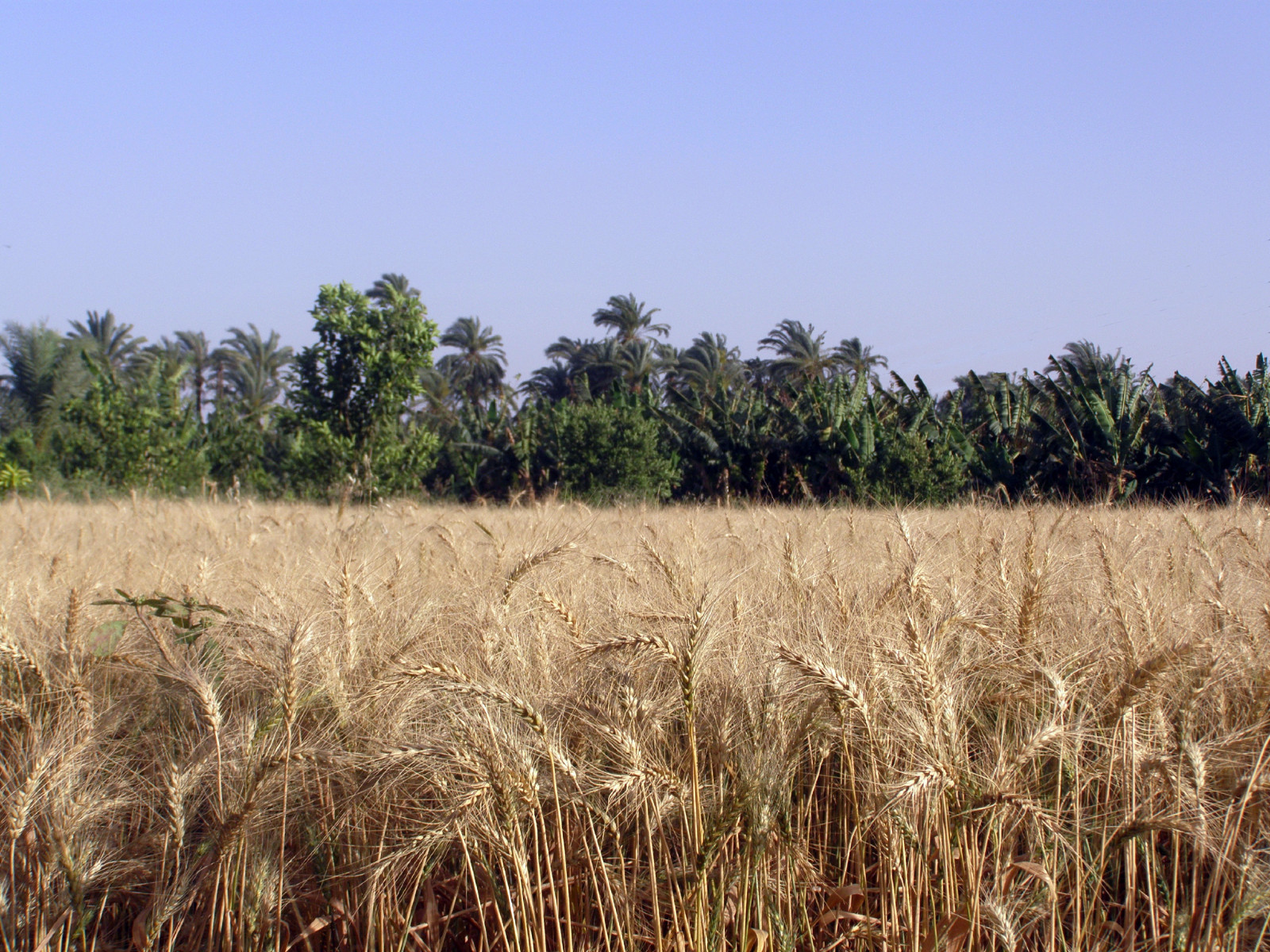No end in sight for the wheat shortage

Global markets could miss out on three consecutive Ukrainian wheat harvests, Ukraine’s Agriculture Minister Mykola Solskyi told Reuters. “We cannot take out [to export] last year’s crop, we cannot harvest and take out the current one, and we do not particularly want to sow the next one,” Solskyi said. Ukraine’s wheat is usually sowed in the fall and harvested during July and August, suggesting that the shortage could last until mid-2024.
What about this season’s crop? Ukraine is currently unable to harvest at least 5 mn tons of wheat from its 2022 crop, which have been planted on currently-occupied territory and cannot be harvested. Ukraine has some 30 mn tons of grain trapped in its silos, taking up half of the grain storage capacity that is still under its control. And with Russia blocking its ports, the best part of the 60 mn tons of grain and oilseed surpluses could end up trashed with nowhere to go.
The problem: Russia’s blockade of the Black Sea ports has forced Kyiv to turn to rail, road, and river transport to get its grain out of the country. Recently, Ukraine started exporting grain via two routes through Poland and Romania, but the process is slow and expensive due to logistical difficulties. A shipment of Ukrainian wheat will soon make its way to Egypt from Romania, marking the first of its kind since the war broke out.
Is the Baltic Sea the answer? Exporters in Ukraine have opened a new route via the Baltic Sea in a step that could help get agricultural commodities out of the country, according to Bloomberg. A shipment of Ukrainian corn sent from Poland arrived in Spain on Monday, raising hopes that the country will begin to clear its huge backlogs.
All of this has heightened global food insecurity …: Russia and Ukraine provide around a third of the world’s wheat and Prior to the war, Ukraine’s monthly grain exports used to reach 6 mn tons, but that number has been significantly slashed since the war broke out. The country exported 300k tons of grain in March and 1 mn tons in April. Solskyi is expecting exports to exceed 2 mn tons this month.
What this means for us: Russia and Ukraine together accounted for around 80% of Egypt’s wheat imports. Egypt could face an extra USD 10.2 bn burden next fiscal year if wheat and oil prices remain at their current elevated levels, Finance Minister Mohamed Maait said this week. The prospects of the continued war has us looking elsewhere for wheat, including from India — with whom we could still do trade in a potential wheat-for-fertilizer pact that has drawn criticism from some other nations.
Both India and Egypt are backing policies that would see them bar potential exports of critical wheat crops that is being opposed at the WTO meetings, with us extending our own ban on wheat exports.
G7 countries have restated their support to help ease Egypt’s food crisis: “The G7 is standing by their commitment to support Egypt through this crisis caused by Russia’s war,” G7 ambassadors to Egypt said in a statement yesterday. The group is increasing support to the World Food Programme’s operations in Egypt and is offering bilateral assistance, they said, adding that they are “closely consulting” with the government on the crisis.
Goodbye wheat, hello sunflower? Ukrainian farmers could soon substitute their wheat crops with something lighter — making it cheaper to ship — and more expensive to sell, like sunflower, which farmers are already substituting for corn crops, the minister said.